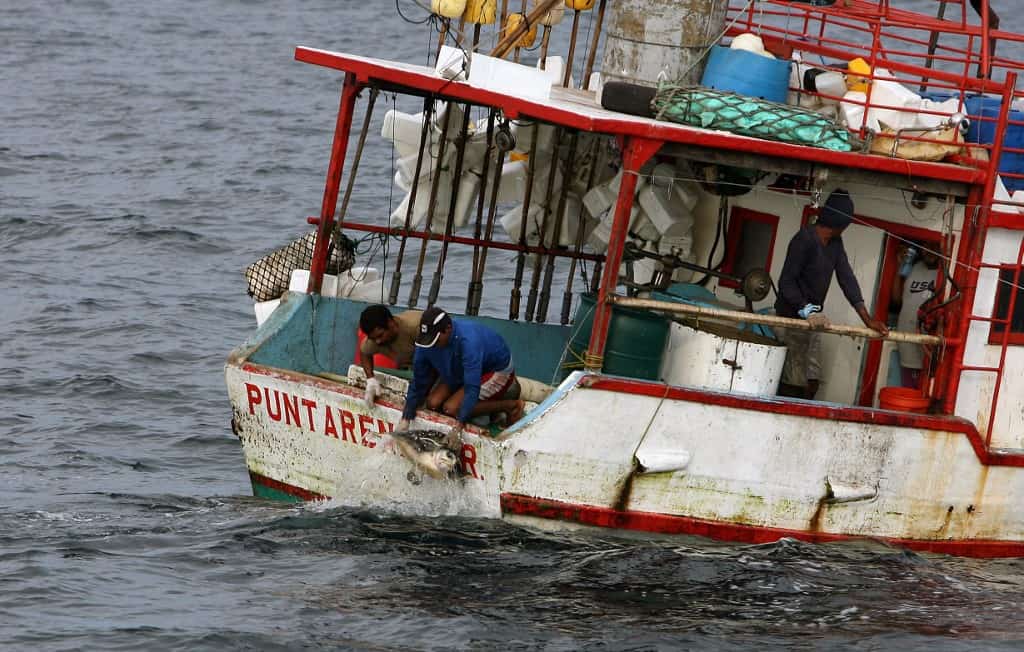The Costa Rican fishing industry faces significant challenges as the Comptroller General’s Office (CGR) reveals serious deficiencies in the controls implemented by the Costa Rican Institute of Fisheries and Aquaculture (INCOPESCA) and the Costa Rican Petroleum Refinery (RECOPE). These government agencies are responsible for providing fuel at competitive prices to the national non-sport fishing fleet, a critical resource for supporting the livelihoods of coastal communities.
During the study period, INCOPESCA granted subsidies to 1,393 beneficiaries, while RECOPE delivered a total of 40 million liters of fuel, corresponding to sales of ₡15,338 million (approximately $28.5 million USD). This benefit is essential for Costa Rica’s coastal regions, where fishing drives local economies and employment. However, the CGR report highlights weaknesses that undermine transparency, control, and the efficient use of this subsidy, jeopardizing its intended purpose.
The CGR uncovered evidence of subsidized fuel being diverted for illicit activities, such as drug trafficking and illegal fuel trading. Reports from local media and citizens further emphasize concerns that resources meant to support fishermen are being exploited on the black market. Such risks demand urgent action from the State to ensure the proper use of public funds and to prevent these activities.
An estimated 57% of subsidy procedures conducted by INCOPESCA during the study period revealed irregularities. These include outdated agreements, incomplete documents, unauthorized individuals processing requests, and outdated control slips.
Additionally, there were notable discrepancies in the fuel quantities authorized. For example, two vessels with similar engine power, fuel type, and fishing days were approved for vastly different amounts—19,327 liters for one and 6,875 liters for the other. In some cases, the fuel granted exceeded the capacity of the vessel’s tank.
The CGR recommends that INCOPESCA introduce stricter control mechanisms and make regulatory adjustments to address the identified weaknesses. Verification systems should be implemented to ensure the subsidies reach the intended beneficiaries at a competitive price. By addressing these issues, Costa Rica can better support its fishing industry while safeguarding public resources.






